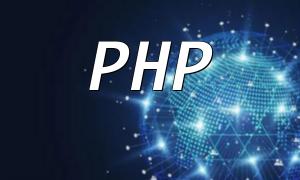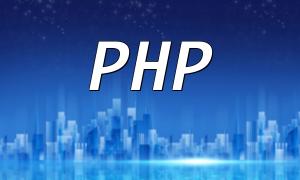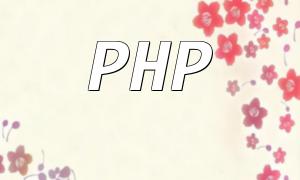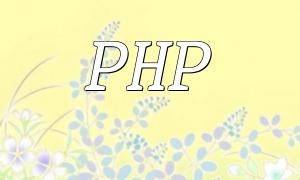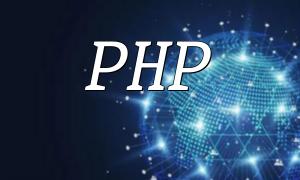With the rapid growth of the internet and expanding business demands, distributed systems have become the preferred architecture for many enterprises and development teams. In distributed environments, application components run across multiple servers, which imposes higher requirements on system design and development. Among backend languages, PHP stands out due to its ease of use and mature ecosystem, increasingly being applied in distributed system construction. This article delves into the application scenarios, advantages, and implementation methods of PHP frameworks in distributed systems.
When selecting a technology stack, development teams often consider factors such as development efficiency, system performance, ease of maintenance, and scalability. PHP frameworks offer several significant advantages, making them ideal for distributed system development:
As a scripting language, PHP features clear and simple syntax with a low barrier to entry. Leveraging modern PHP frameworks like Laravel and Symfony, developers can quickly build RESTful APIs and microservices architectures. The rich built-in tools and modules reduce repetitive coding and improve both speed and quality of development.
PHP has a vast and active ecosystem with abundant documentation, open-source libraries, and development resources. This vibrant community provides strong support to tackle various technical challenges in distributed systems, allowing developers to focus more on business logic rather than underlying implementations.
Although PHP’s performance may not match some compiled languages, integrating middleware like Redis caching and RabbitMQ message queues can significantly enhance system responsiveness and scalability, enabling efficient distributed architectures.
The following example demonstrates how to build a RESTful API service in a distributed system using the Laravel framework.
Install Laravel with Composer:
composer create-project --prefer-dist laravel/laravel my-app
Add a route in the routes/api.php file, for example, creating a simple user listing endpoint:
Route::get('/users', 'UserController@index');
Generate the controller using the command:
php artisan make:controller UserController
Implement the method to fetch the user list inside UserController:
namespace App\Http\Controllers;
<p>use App\Models\User;</p>
<p>class UserController extends Controller<br>
{<br>
public function index()<br>
{<br>
return User::all();<br>
}<br>
}<br>
Install the Predis package to support Redis caching:
composer require predis/predis
Update the index method to include caching logic:
use Illuminate\Support\Facades\Cache;
<p>public function index()<br>
{<br>
return Cache::remember('users', 60, function () {<br>
return User::all();<br>
});<br>
}<br>
This article demonstrates the practical application of PHP frameworks in distributed system development. With their high development efficiency, strong community support, and good scalability, PHP frameworks empower developers to build stable, high-performance distributed applications. Moving forward, as technology evolves, PHP’s role in distributed architectures will grow, but attention must be paid to architecture design, service communication, and data consistency to ensure system robustness and scalability.
